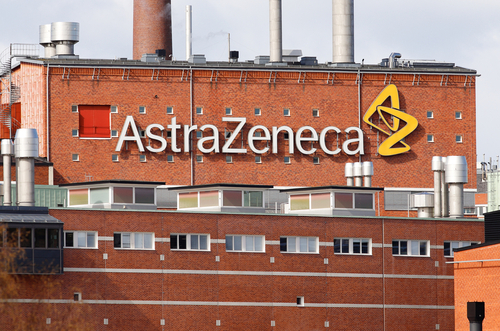
The U.S. Departments of Health and Human Services (HHS) and Defense (DoD) announced greater collaboration with AstraZeneca last week, specifically aimed at the late-stage development and manufacturing of its COVID-19 treatment, AZD7442.
AZD7442 is a drug cocktail made up of two monoclonal antibodies, currently being investigated for potential use against SARS-CoV-2, the virus that causes COVID-19. A cocktail of this sort is of particular interest to the government for its potentially long-lasting and injection-based qualities, which could make it of use on those with compromised immune systems, the elderly, and those currently undergoing medical treatments that would bar the use of COVID-19 vaccines.
The antibodies powering the treatment were originally discovered by researchers at Vanderbilt University, which licensed them to AstraZeneca.
As part of the arrangement, AstraZeneca has gained approximately $486 million for two phase three clinical trials, a large-scale manufacturing demonstration project, and to supply doses of AZD7442 to the government. One of these trials will focus on the safety and efficacy of the drug among around 5,000 volunteers and focus on infection prevention for up to a year. The other will evaluate its potential to prevent infection among those who have been in contact with a COVID-19 carrier in post-exposure prophylaxis settings. The latter will enroll around 1,100 volunteers.
“In addition to Operation Warp Speed’s historic progress on vaccines, we are supporting promising monoclonal antibodies for prevention and treatment all the way through to supply, allowing faster distribution if trials are successful,” HHS Secretary Alex Azar said.
AstraZeneca estimates 100,000 doses could be available for high risk populations in the United States by December. If the Food and Drug Administration (FDA) authorizes the use of AZD7442, doses will be distributed at no cost, though healthcare professionals could still charge for the cost of administering it.




